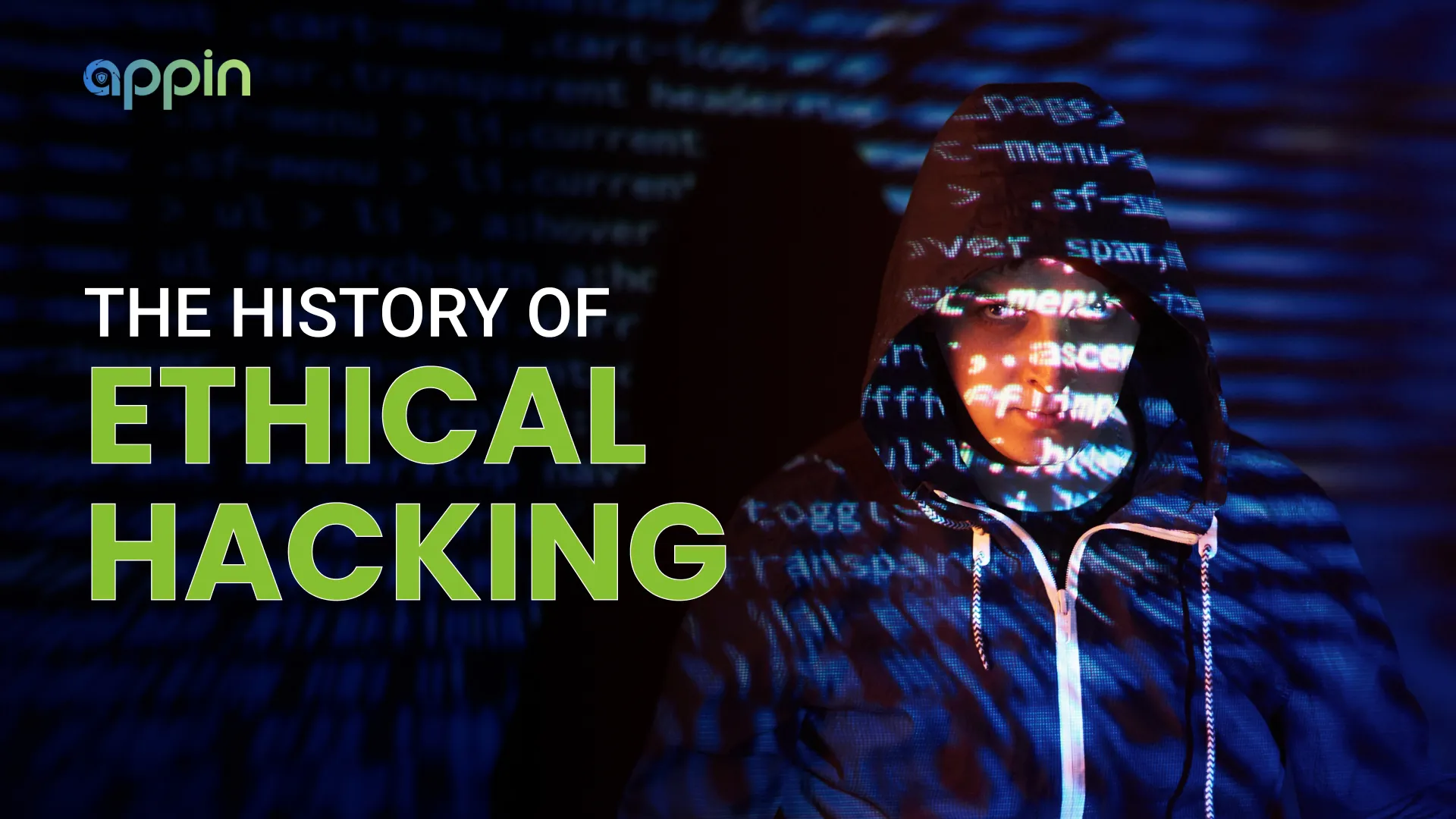The history of ethical hacking can be traced back to the 1870s, but I will emphasize on the most recent years for simplicity.
The 1960s
It all started at MIT’s (Massachusetts Institute of Technology) artificial intelligence lab. The university’s mainframe computers were used by the first hackers. At first, the hacker was a name with a positive significance for a person who was good at computers and could push computer programs beyond the normal functioning standard. It was a borrowed name from a term to describe members of a model train group at MIT who hacked the electric trains and switches to make them perform faster, better and differently.
The 1970s
John Draper was the talk of the 70s because of his ability to make free calls. He built a “blue box” that, when used together with the whistle and phone receiver, phone calls would be made for free.
He was arrested on several counts for tampering with the phone lines throughout the 70s. Steve Jobs and Steve Wozniak (founders of Apple Computer) used this knowledge.
The Early 1980s
People often say the public was lured into hacking by the movie war game. The main character was Matthew Broderick.
It is said that the movie made hackers seem cyber heroes which captured the imagination of young minds in this year.
Hacking groups like Legion of Doom in the United States, and Chaos Computer Club in Germany began to emerge.
Sherwood Forest and Catch-22 were used by phreaks and hackers to interact and share stolen passwords and credit card numbers.
Los Alamos laboratory’s computers for developing nuclear weapons were hacked by the 414 gangs. A gang that comprised six teenagers who were later apprehended by the law.
The Late 1980s
The Computer Fraud and Abuse Act was passed in 1986
A self-replicating worm was used on the government’s ARPAnet to test its effect on UNIX systems by Robert T. Morris, Jr., a graduate student at Cornell University. Which later spread to 6000 computers. He was fined 10,000 USD.
Some German hackers were arrested for breaking into the United States government and corporate computers and selling operating-system source code to the Russian KGB.
The Early 1990s
A radio station’s phone system was rigged by three hacker friends during a call-in contest. They won 20 000USD, two cars and all-expense paid trips.
The use of the internet came in and hackers started formulating new strategies.
Kevin Mitnick was arrested for stealing 20,000 credit card numbers.
Vladimir Levin and other Russian crackers siphoned 10 million USD from Citibank and transfer it to bank accounts in Finland and Israel.
The Late 1990s
The hacking group Cult of the Dead Cow releases its Trojan horse program, Back Orifice. Once installed on a machine with Windows 95 or Windows 98 Operating systems, it allows unauthorized remote access to the machine.
A 19-year-old Israeli hacker Ehud Tenenbaum known as Analyzer was arrested for breaking into Pentagon’s computers and stealing some software.
The 2000s
Well, the popular attacks in the 2000s are, the attacks launched on Yahoo, Amazon and eBay, which resulted in the denial of service for users.
Break-ins on Microsoft, for the latest versions of their products. The 2001 attack led to the prevention of millions of users from reaching Microsoft Web pages for two days.
This brief history of Hacking and cracking above is meant to serve as a quick reference point for those who want to know how it all started. That’s why it’s been in summary. It’s good to know the history of most things we do.


